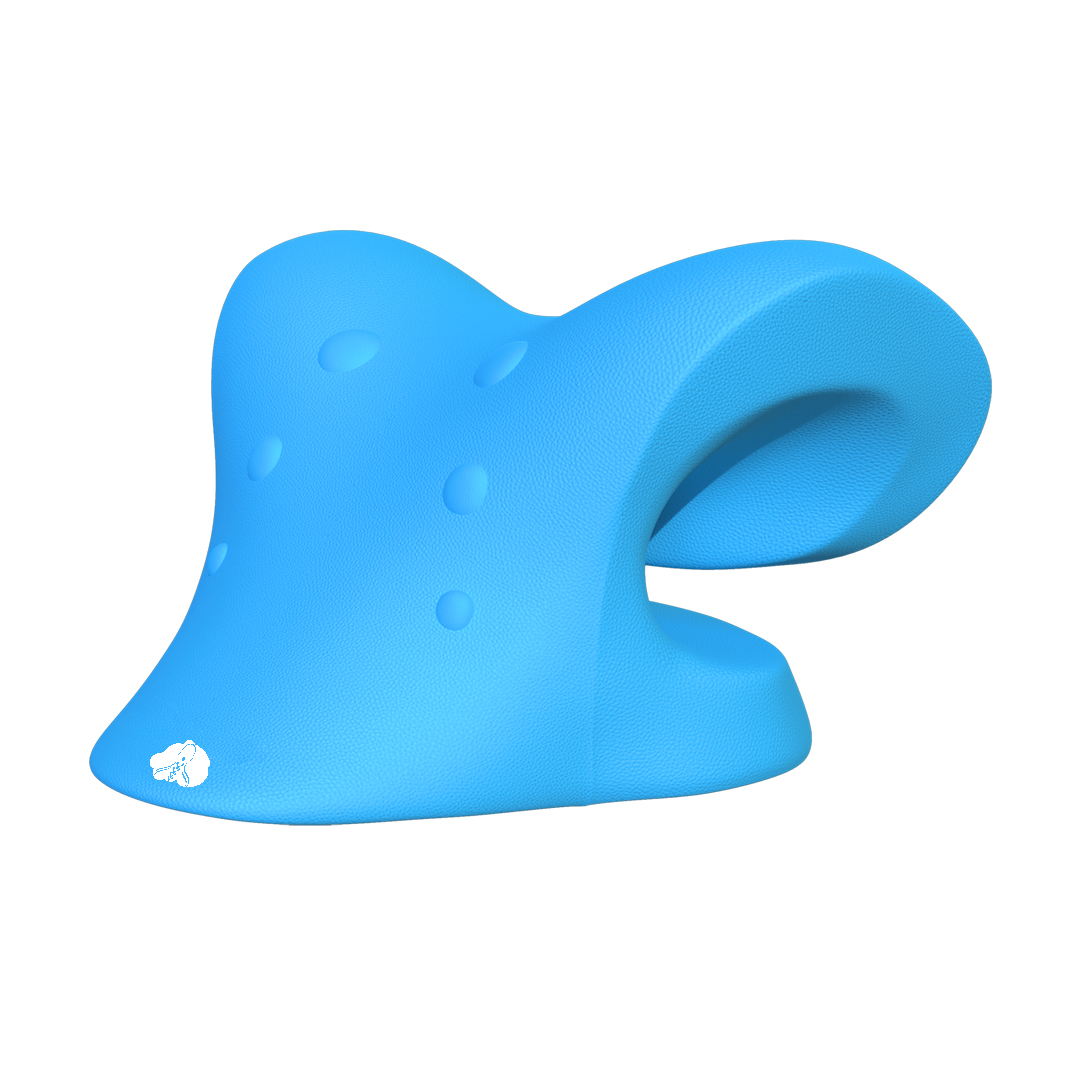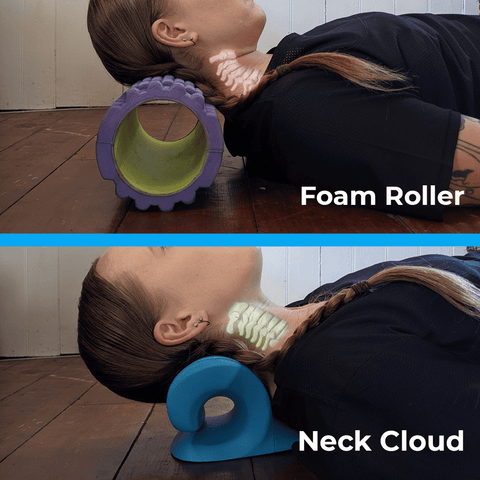The Impact of Tension on Neck Discomfort: Techniques for Lowering Tension and Discomfort
In today's busy world, it's clear that stress has become a widespread consider the onset and exacerbation of neck discomfort. The intricate relationship between stress and anxiety and muscle mass stress commonly leaves people seeking relief from the discomfort that takes place. By discovering targeted techniques aimed at decreasing stress and advertising leisure, one can begin to deal with the source of neck discomfort and job in the direction of a more balanced state of wellness. Join us on a journey to unravel the impact of anxiety on neck discomfort and discover efficient methods to reduce discomfort and improve total top quality of life.
Recognizing Stress-Related Neck Discomfort
Neck discomfort is a typical grievance that can usually be credited to stress and anxiety. Stress-related neck pain can manifest as stress, rigidity, or discomfort in the neck and shoulder area. The connection in between anxiety and neck pain hinges on the body's physiological response to stress and anxiety, which can cause muscle mass tension and tightness in the neck muscular tissues. Persistent tension can bring about relentless neck pain and exacerbate existing problems like cervical spondylosis or muscle mass pressures.

Identifying Common Tension Locations
Frequently experienced by people under stress, stress locations in the body can give important insights into the physical indications of mental stress. One common tension location is the neck, where stress frequently materializes literally. Tension migraines, rigid neck muscles, and limited series of activity prevail signs of stress-related neck stress. The shoulders are an additional common area where tension collects. Stress and anxiety can cause the muscle mass in the shoulders to tighten up, resulting in discomfort and discomfort. In addition, the top back is vulnerable to tension build-up, especially in individuals who experience chronic tension. Poor posture and prolonged sitting can exacerbate tension in this field. The jaw is also an usual place for stress-related tension, as lots of people clinch their jaw or grind their teeth when worried. Knowing these usual stress locations can assist people acknowledge the physical indicators of stress and anxiety and take actions to resolve them prior to they rise right into persistent pain or discomfort.
Executing Relaxation Strategies
To successfully handle stress-related tension in the body, applying relaxation strategies is critical. Relaxation techniques are valuable devices for decreasing neck pain created by Your Domain Name tension. Deep breathing exercises can aid relax the mind and loosen up strained muscles in the neck and shoulders (neck cloud). Exercising mindfulness meditation can additionally be helpful in minimizing stress and advertising relaxation. Dynamic muscle mass relaxation, where you methodically tense and afterwards unwind different muscle mass teams, can release built-up stress in the neck area. In addition, look at more info activities like yoga exercise and tai chi incorporate both physical activity and relaxation, making them reliable practices for minimizing stress and neck discomfort. Taking regular breaks throughout the day to stretch and loosen up can prevent muscle mass rigidity and tension from accumulating. By including these relaxation methods right into your daily routine, you can aid manage tension degrees, reduce tension in the neck, and minimize pain related to stress-induced neck pain.
Incorporating Self-Care Practices
Incorporating self-care practices is vital for preserving total health and handling stress-related neck discomfort properly. Participating in normal physical activity, such as gentle stretching exercises or yoga, can help alleviate tension in the neck and shoulders. Practicing great stance throughout the day and taking constant breaks from long term resting or display time can likewise stop stress on the neck muscle mass.
Moreover, prioritizing sufficient sleep and developing a constant sleep routine can add dramatically to lowering stress and anxiety degrees and promoting relaxation. Developing a relaxing going to bed routine, such as reviewing a publication or taking a warm bathroom, can assist prepare the body and mind for relaxing sleep. In addition, preserving a balanced diet regimen abundant in nutrients and staying moisturized can support total wellness and decrease inflammation that might intensify neck pain.
Including mindfulness methods, such as deep breathing exercises or reflection, can help take care of tension and promote leisure. Taking time for oneself, taking part in pastimes, and setting borders to safeguard individual time are likewise important elements you could try here of self-care that can add to minimizing anxiety and minimizing neck discomfort.
Looking For Specialist Aid
How can individuals successfully address persistent neck pain that is affecting their day-to-day life and well-being? Looking for professional help can be an important action in handling and alleviating neck pain.
Chiropractic practitioners concentrate on back adjustment techniques to improve placement and reduce tension in the neck area. Physiotherapists provide targeted exercises and stretches to strengthen muscles, improve versatility, and improve overall neck function. Orthopedic professionals can offer sophisticated clinical interventions such as injections or medical options for severe instances of neck pain.
Verdict

Stress-related neck pain can manifest as tension, stiffness, or discomfort in the neck and shoulder area. The link in between stress and anxiety and neck discomfort exists in the body's physical feedback to stress and anxiety, which can result in muscular tissue stress and rigidity in the neck muscle mass. Tension migraines, stiff neck muscles, and restricted array of activity are usual signs of stress-related neck tension. By integrating these relaxation techniques right into your day-to-day regimen, you can help manage stress degrees, lower stress in the neck, and ease discomfort linked with stress-induced neck pain.

Comments on “Experience the Benefits of the Neck Cloud for Neck and Shoulder Relief”